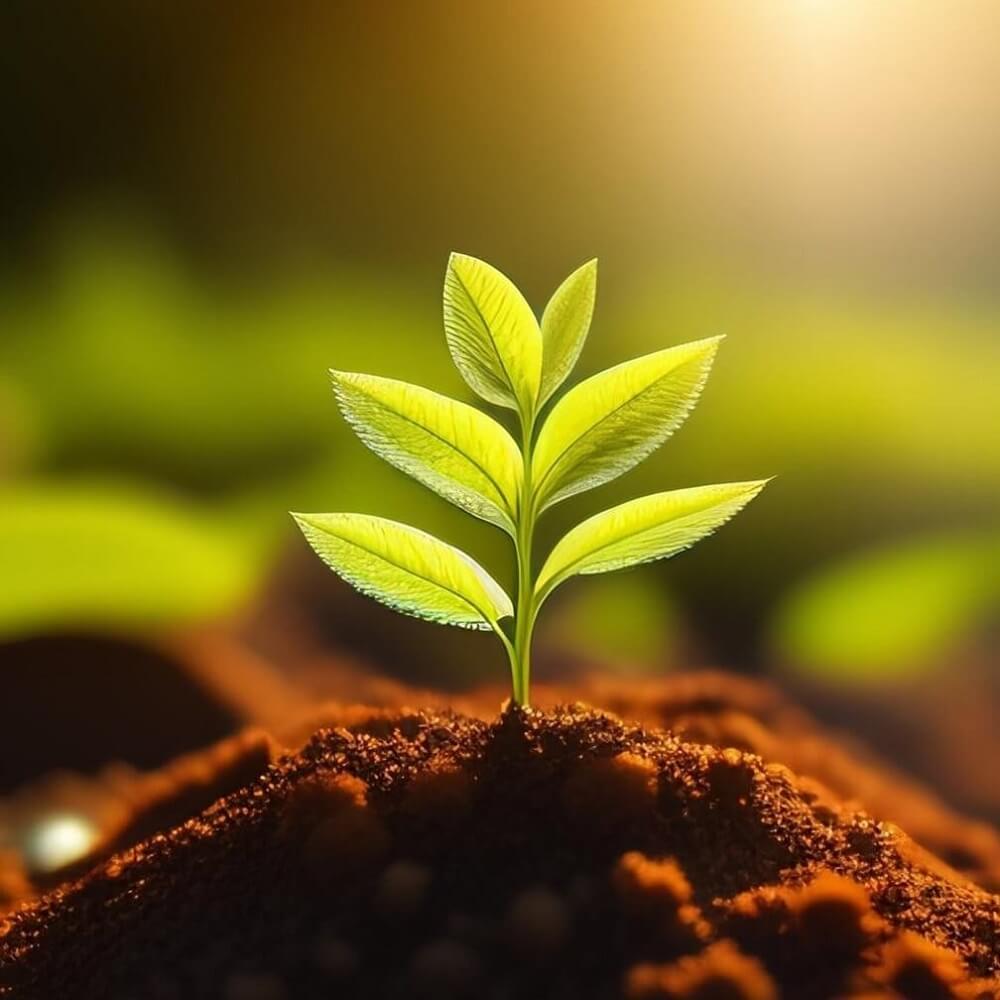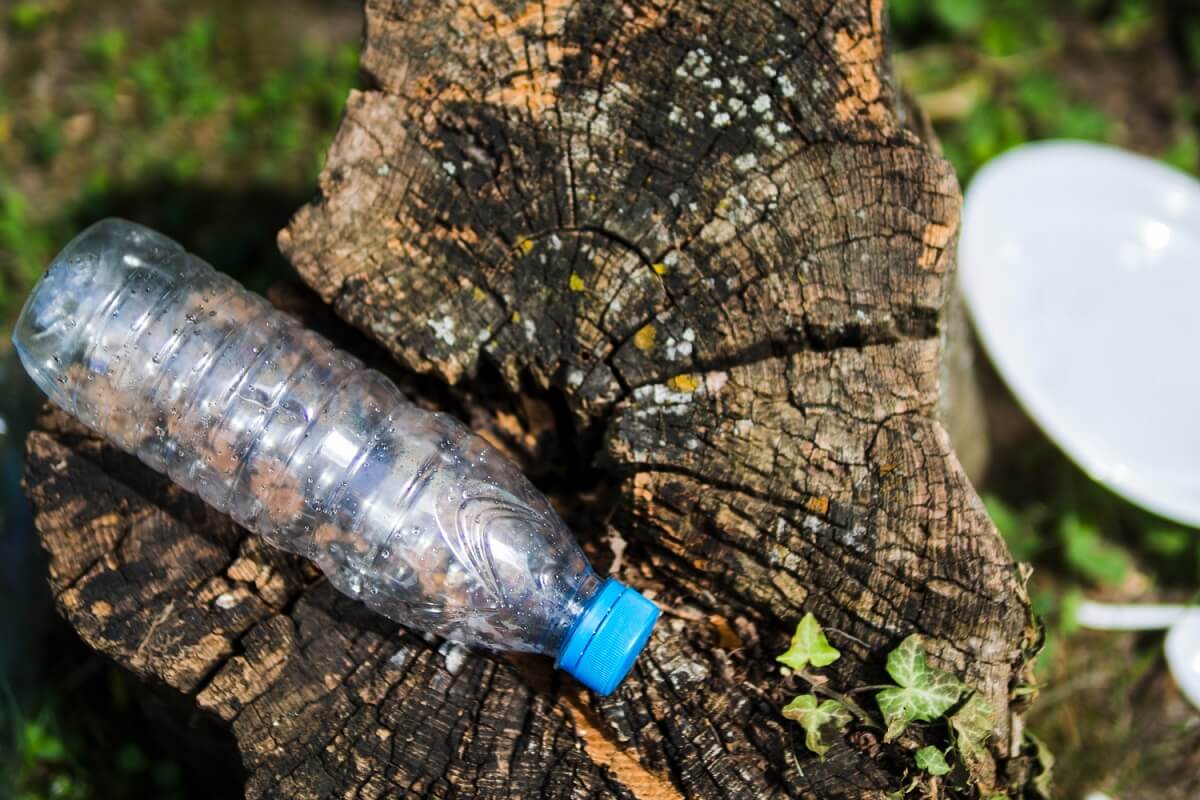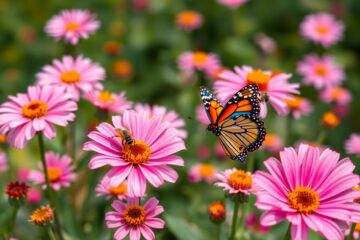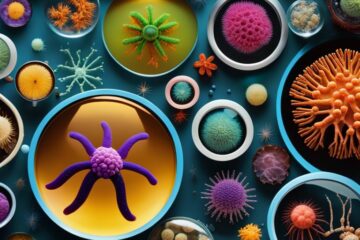Each of us generates large amounts of garbage every day. Usually, they are collected in properly prepared containers and regularly collected by companies dealing with professional garbage disposal. Unfortunately, not all waste goes where it should be. A lot of rubbish ends up in landfills and should go to modern waste sorting plants. PET plastic bottles should be strictly segregated.
Did you know: PET stands for polyethylene terephthalate.
Many food products today are sold in disposable plastic bottles. Drinks, juices, oils, olive oil, yogurts – these are only a small part of all food products sold in PET bottles. A huge amount of plastic bottles ends up in the rubbish bins every day. What if such a bottle does not end up in the trash, but for example in the forest?
Table of Contents
How long does a plastic bottle take apart?
A plastic bottle takes 100 to 1000 years to decompose. On average, a PET bottle takes about 500 years to decompose. The nuts made of the thickest plastic remain the longest. As you can see, plastic bottles are a big threat to the environment.
Recycling of plastic bottles
Fortunately, plastic bottles can be recycled. This, however, requires high environmental awareness in society. Just throw the bottle into the correct garbage can. Such a plastic bottle will go to a recycling company that will use it to recover plastic. The bottles are ground, cleaned, and another packaging is made of the granules obtained. Recycled bottles are mainly used for packaging, for example, household chemicals.
What instead of plastic bottles?
Environmentalists encourage the complete abandonment of products offered in plastic bottles. Reusable bottles are recommended as a replacement. Despite the fact that glass bottles take longer to break down than plastic bottles, they are much more durable. Many manufacturers are already trying to reduce the sale of products in plastic bottles in favor of another packaging.
Remember that bottles are a big environmental hazard, as are used batteries and old car oil. Dispose of plastic bottles properly, and take care of nature and the future of the Earth. Be green, be smart, be eco! Start your eco-friendly living!

Our contributing author is a passionate advocate for eco-friendly living and sustainability. With a background in eco-life, they are dedicated to inspiring and empowering individuals to adopt environmentally conscious lifestyles. Through insightful articles, they share practical tips, innovative solutions, and thought-provoking perspectives to promote a greener, more sustainable world. Join them on the journey towards eco-smart living and discover how small choices can make a big impact. 🌱









